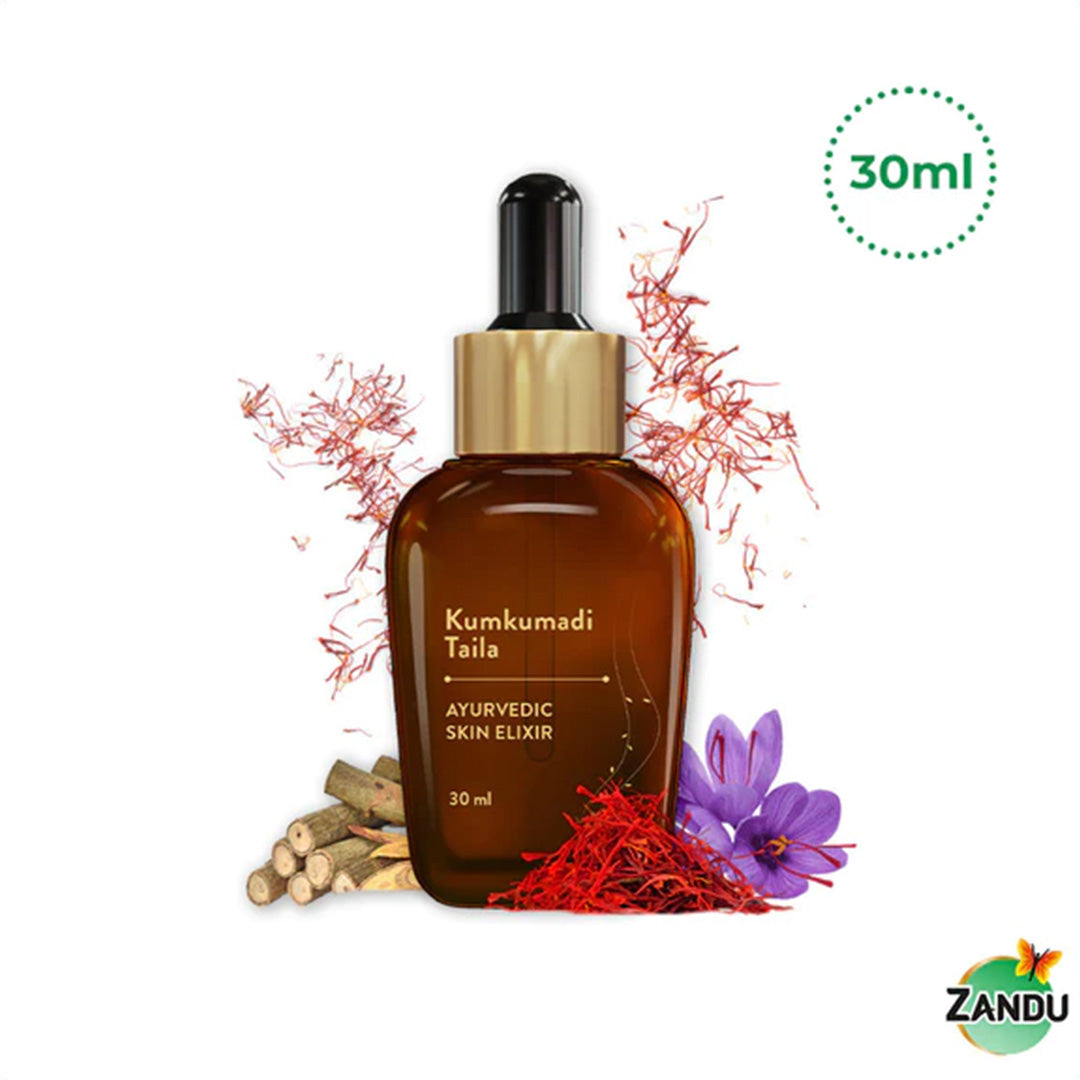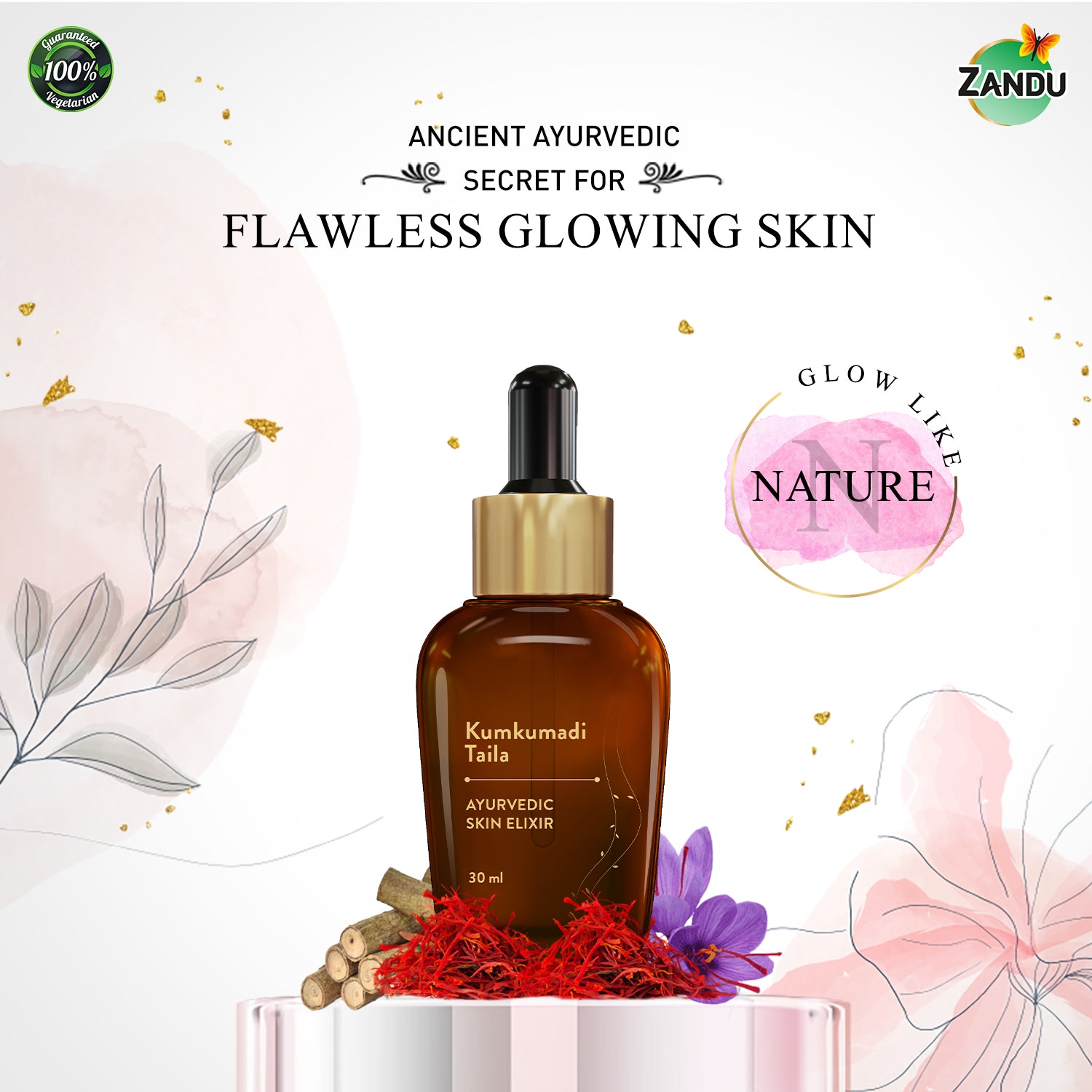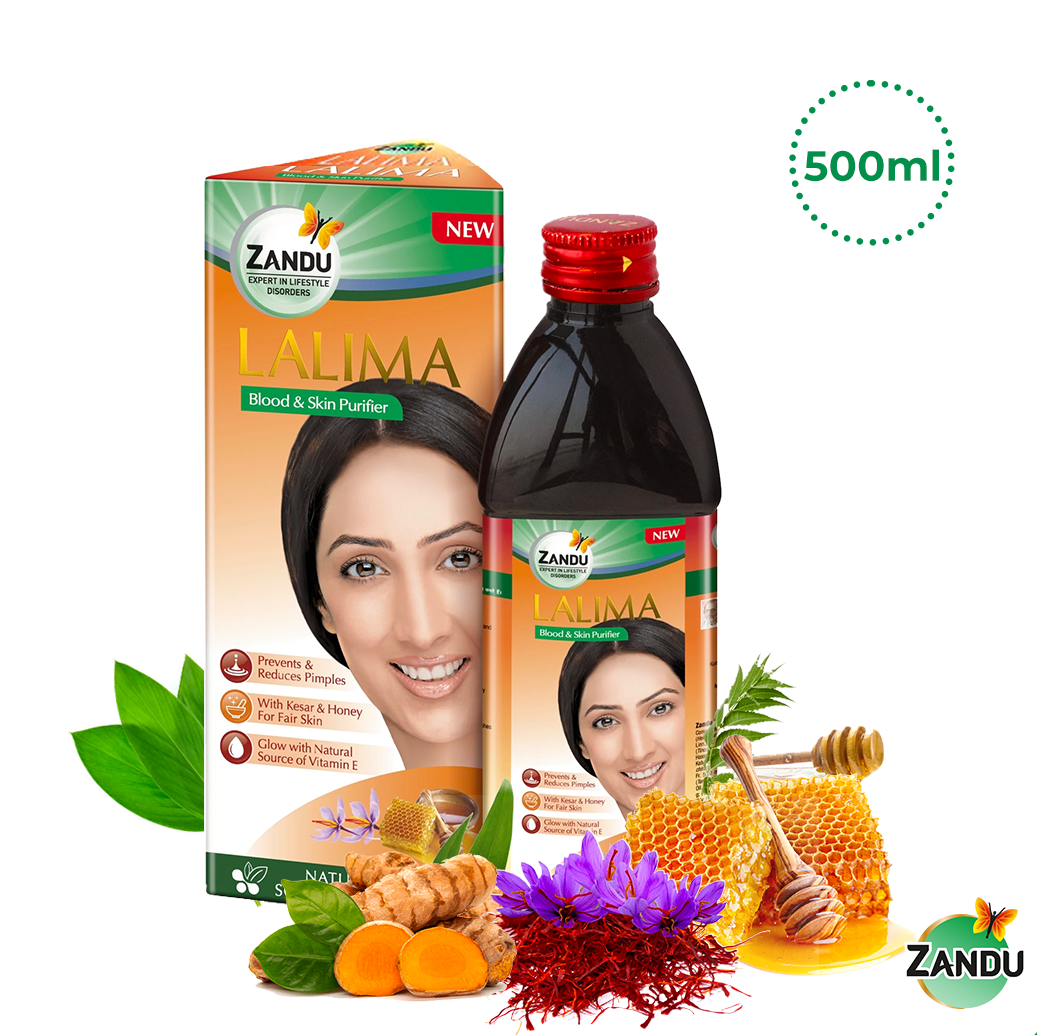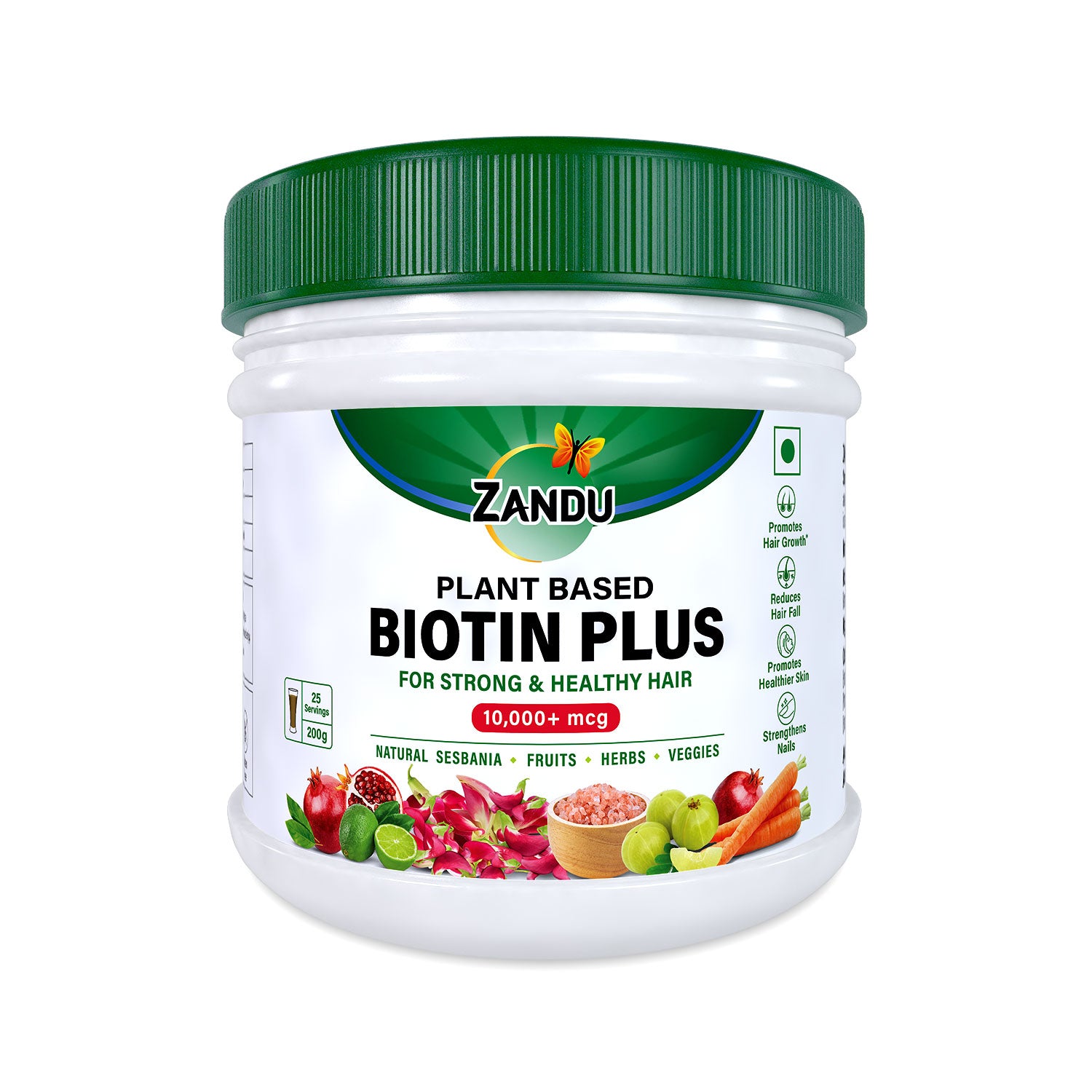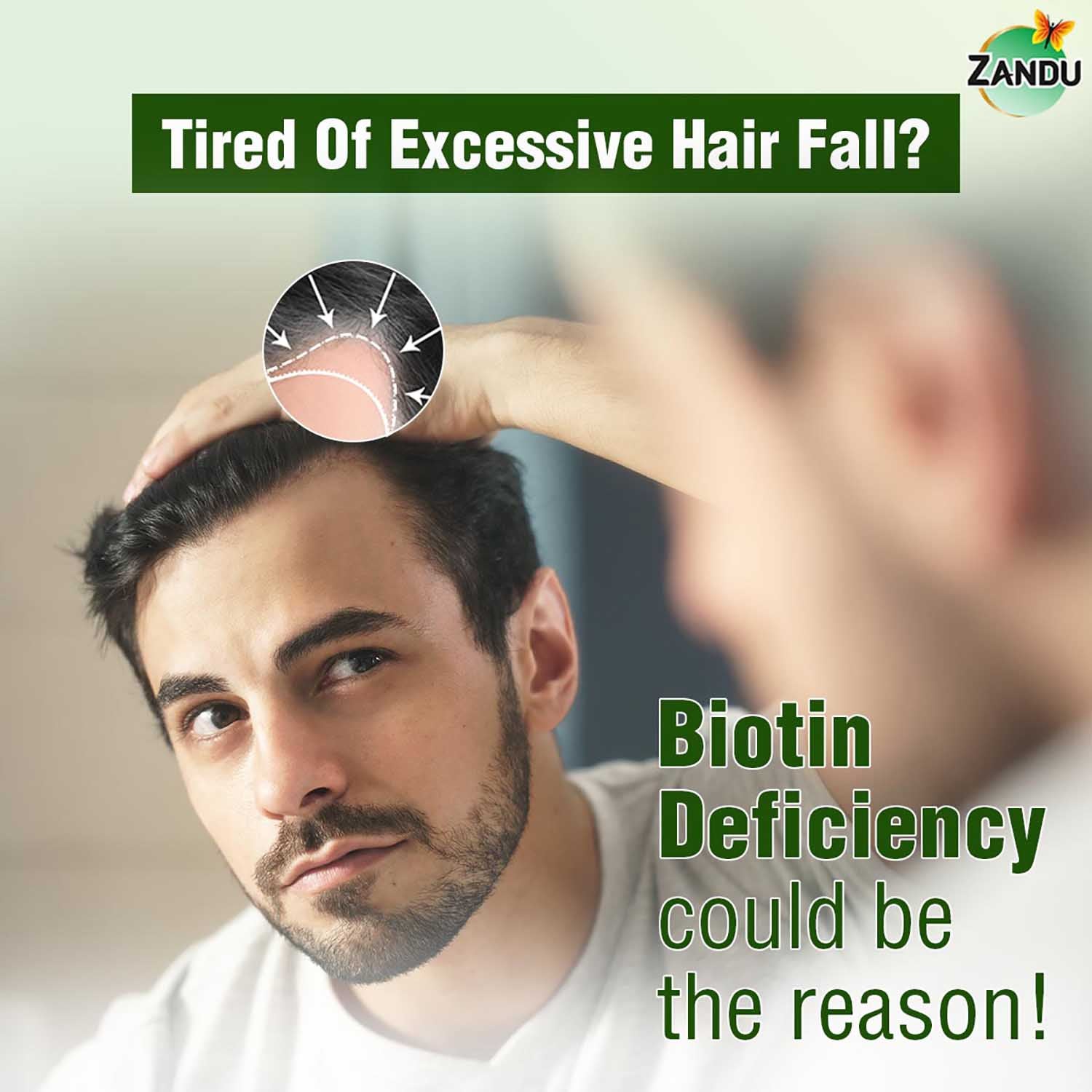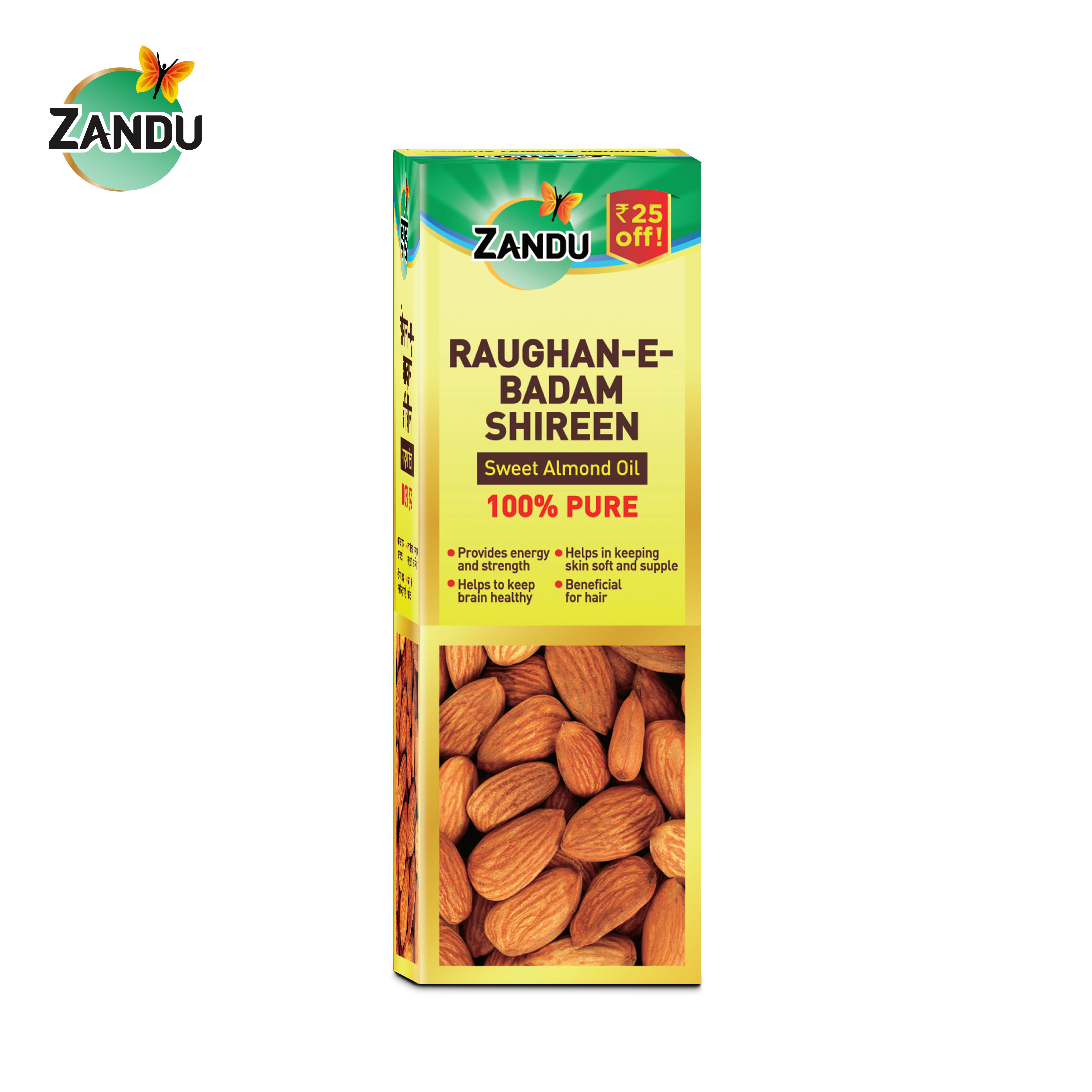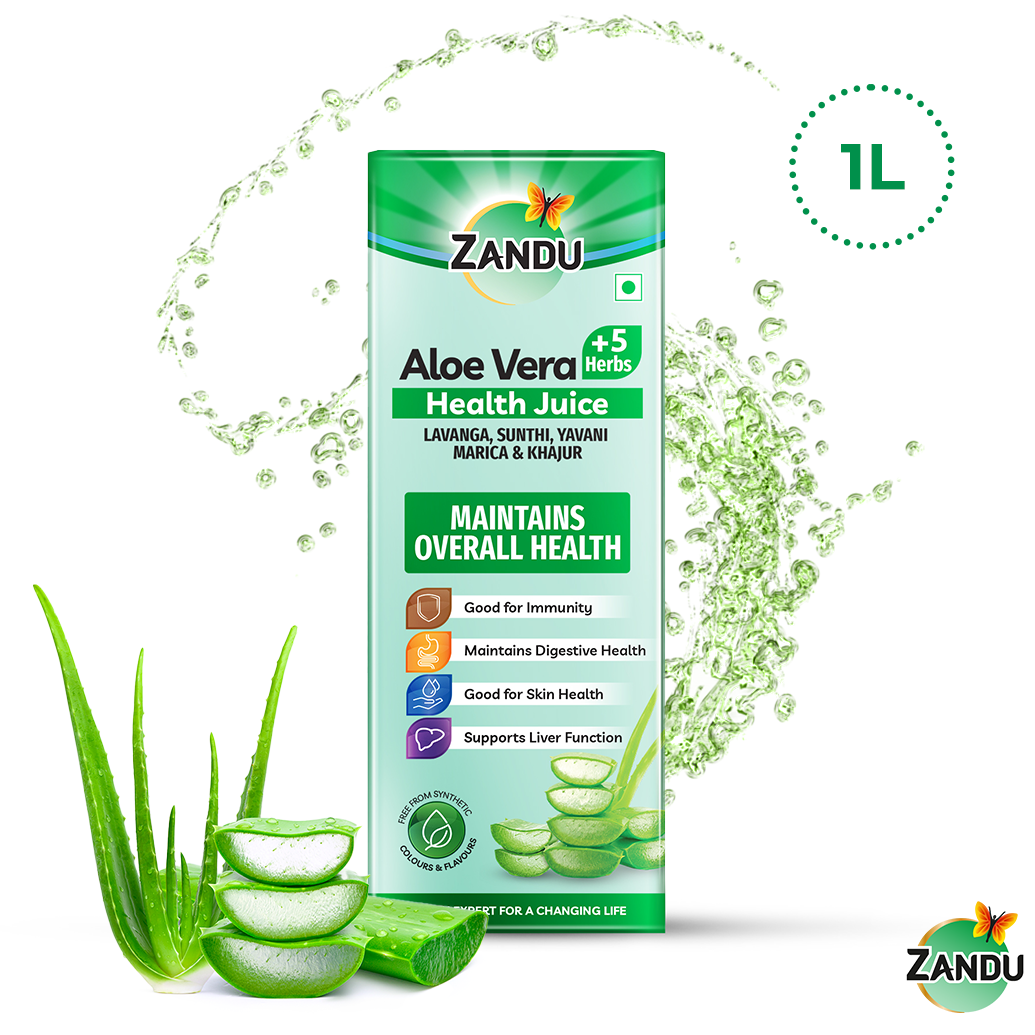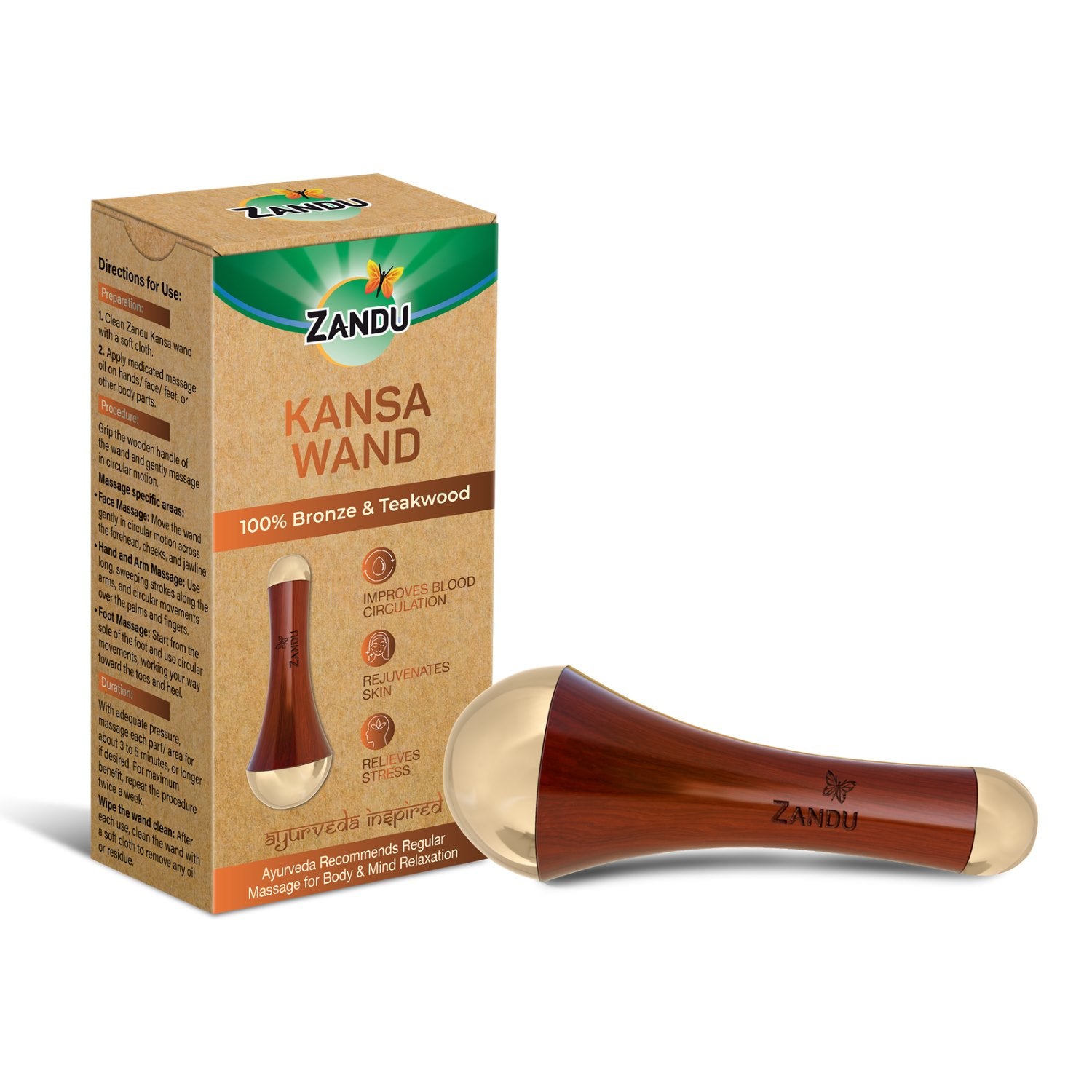Zandu Kumkumadi Facial Massage Oil
Sale price
₹714
Regular price₹1,099 35% off
Zandu Lalima Syrup
Sale price
₹194
Regular price₹216 10% off
Zandu Plant Based Biotin Plus Powder (200g)
Sale price
₹899
Regular price₹1,124 20% off
Zandu Neem Tablets
Sale price
₹180
Regular price₹200 10% off
Zandu Pure Amla (Amalaki)
Sale price
₹150
Regular price₹200 25% off
Zandu Raughan E Badam Shireen Sweet Almond Oil
Sale price
₹161
Regular price₹220 27% off
Zandu Aloe Vera Juice
Sale price
₹214
Regular price₹277 23% off
Zandu Kansa Wand Ayurvedic Massager
Sale price
₹749
Regular price₹937 20% off
Zandu Kumkumadi Taila is one of the Best Ayurvedic Skin Care Products for glowing skin. It helps improve skin tone, reduce pigmentation, and restore radiance naturally using herbal ingredients.
Yes, Ayurvedic Skin Care Products are generally safe for daily use. They are made from natural herbs and are free from harsh chemicals, parabens, and artificial fragrances, making them gentle on all skin types.
A good Ayurvedic routine for acne includes Neem tablets to purify the blood, Aloe Vera juice to hydrate from within, and Zandu Lalima Syrup to flush out toxins. These Products address the root causes of acne effectively.
Ayurvedic Skin Care targets the root cause of skin issues through natural healing and detoxification. Unlike chemical-based products, Ayurvedic formulas are holistic, non-toxic, and focus on internal as well as external healing.
Yes. Products like Kumkumadi Taila and Neem tablets work well for pigmentation and dark spots. They help even out the skin tone and reduce blemishes by enhancing blood purification and improving skin cell renewal.
Absolutely. Zandu's Ayurvedic Skin Care Products are made with 100% natural ingredients and are free from irritants, making them safe for sensitive skin.
Aloe Vera Juice helps maintain skin hydration, reduces inflammation, and supports a clear, acne-free complexion. It works as an internal moisturiser and aids in detoxification.
Yes, Ayurvedic Products can complement your current routine. Since they are natural and free from harsh chemicals, they can be used alongside other skincare products unless advised otherwise.
Zandu is one of the Best Ayurvedic Skin Care Brands in India, offering authentic, clinically backed herbal solutions. Trusted by millions, their products are effective, safe, and rooted in over 100 years of Ayurvedic expertise.

